Daily Water Intake: What's Right for You?
Everyone is aware of the importance of drinking water. It aids in aspects such as digestion and regulating body temperature Even though we're often told to drink water regularly, many people are still confused about it. How much water should you drink a day? Does the type of water matter? In this blog, we will discuss these aspects in detail and clarify some myths to help you remain informed and safe.
How much water should you drink a day?
There’s no strict rule for how much water should you drink a day, as it varies based on your body, activity level and environment. Therefore, listening to your body’s signals is key. Drinking water when thirsty usually ensures you stay properly hydrated.
Benefits of drinking water every day appropriately
Drinking the right amount is essential for overall well-being. Here are some key mineral water benefits of staying properly hydrated:
- Supports physical performance:
Staying hydrated keeps muscles working efficiently. It reduces fatigue and cramps, which enhances overall performance.
- Boosts brain function:
Proper hydration sharpens focus. It improves mental clarity and prevents cognitive fatigue.
- Aids digestion:
Water aids in breaking down food. Thus, improving nutrient absorption and preventing constipation.
- Promotes healthy skin:
Hydration keeps skin moisturised, reduces dryness and helps flush out toxins for a clearer complexion.
- Regulates body temperature:
Water helps maintain body temperature by aiding sweat production, especially during physical activity.
- Flushes out toxins:
Proper hydration aids kidney function. It helps flush out waste and reduces the risk of kidney stones.
- Protects joints and tissues:
Water cushions joints and tissues. This aids in reducing discomfort and injury risk.
Also Read - TDS in Drinking Water
What do experts say on how much water should you drink a day?
Your body loses water daily through sweat, breath and digestion, so replenishing it is crucial for staying healthy. According to the U.S. National Academies of Sciences suggests daily fluid intake should be:
- 3.7 litres (about 15.5 cups) for men
- 2.7 litres (about 11.5 cups) for women
These amounts cover all fluids from water, drinks and food. About 20% of your fluid intake comes from water-rich foods, like fruits and vegetables, while the rest should come from beverages. But this would change based on factors such as climate, physical activity and more.
Factors to decide on how much water should you drink a day
Your daily water needs vary based on several factors. Here’s what can affect your hydration:
- Physical activity
Any form of exercise or physical labour increases sweat production, meaning you’ll need to drink more water. Staying hydrated before, during and after activities ensures your body functions optimally and aids in recovery.
- Health conditions
Illnesses like fever, diarrhoea or vomiting cause significant fluid loss, requiring more water intake to avoid dehydration. Conditions like diabetes or kidney problems may also alter how much water your body needs.
- Diet
High-water-content foods, like fruits and vegetables, contribute to your fluid intake. Conversely, a diet rich in salty, sugary or processed foods can increase your water needs, as these ingredients can lead to dehydration.
- Pregnancy and breastfeeding
Pregnant women need more water to support foetal development, while breastfeeding mothers lose fluids during nursing, requiring increased hydration to maintain milk production.
- Age
Older adults may feel less thirsty, increasing the risk of dehydration. Similarly, children need ample fluids to support growth and activity, though they may not always recognise thirst. Encouraging regular water intake helps maintain hydration.
- Medications
Some medications, like diuretics, increase urine output, which may require more water intake to stay properly hydrated.
- Altitude
At higher altitudes, your body loses more water through breath and urination. If you live or travel to mountainous regions, you’ll need to drink extra fluids to stay hydrated.
Should you stick to drinking 8 glasses a day?
The "8 glasses a day" rule is often used as a simple guideline, but it's not a one-size-fits-all solution. Your water intake depends on the above-mentioned factors. For some people, 8 glasses might be sufficient, but others may need more or less. Instead of sticking rigidly to this rule, it's best to listen to your body.
Thirst is your body’s way of telling you to drink more water. You can also check your urine colour—pale yellow means you're well-hydrated. Don’t forget, water from food and other drinks counts toward your daily intake too.
What are the different ways to stay hydrated?
Other than drinking water, here are some tips to stay hydrated:
- Many fruits and vegetables have high water content and can help keep you hydrated. Watermelon, cucumbers, oranges, strawberries and lettuce are some options to consider.
- Herbal teas, such as chamomile or peppermint, are excellent for hydration. They are caffeine-free, so you can enjoy them hot or cold, providing a refreshing way to get more fluids.
- Including broth or soups in your meals is another easy way to boost your fluid intake, especially during lunch or dinner. Clear soups and broths, in particular, have a high water content.
- Coconut water is a natural electrolyte drink that helps with hydration. It's an excellent option after a workout or on a hot day, as it replenishes the body's lost fluids and electrolytes.
- Caffeine and alcohol can lead to dehydration. While you don't have to cut them out completely, try to balance them with plenty of water or hydrating alternatives.
Must Read - Benefits of drinking warm water
Final note
Staying hydrated is more than just drinking water—it's about making smart choices that fit your lifestyle and needs. A helpful tip is to always keep a bottle of water with you, especially when you're out.
FAQs
1. How to avoid dehydration?
To prevent dehydration, it's important to make hydration a regular part of your day. Here are some simple steps:
- Even when you’re not feeling thirsty, sipping water throughout the day helps prevent dehydration.
- Use your phone to set hydration reminders to ensure you drink water consistently.
- Include fruits and vegetables like watermelon, cucumbers and oranges in your meals to boost your hydration.
- When it's hot or you're physically active, increase your water intake to replace fluids lost through sweat.
2. How do I know if I drank too much water?
Consuming a large amount of water can lead to water poisoning or water intoxication, where the blood sodium concentration is too low. Some signs are vomiting and nausea, headache, swelling of the hands, feet and lips, confusion and fatigue.
3. What is the best time for drinking water?
Some of the recommended time to take water are in the morning after waking up from bed, before taking any meal and after a workout session. It is also good is to drink water before sleeping but in a limited amount because you don’t want to sleep with a full bladder. Also, taking a glass of water when you have a headache is likely to work as it could be as a result of dehydration.
References:
https://www.healthline.com/nutrition/how-much-water-should-you-drink-per-day#effects
https://www.health.harvard.edu/staying-healthy/how-much-water-should-you-drink
https://www.medicalnewstoday.com/articles/306638
Popular Searches
Product Recommendations
Recent posts
-

Understanding TDS and its Role in Drinking Water
24th Jul 2020 -

Bisleri 20-Litre Mineral Water Can: Pure Water, Perfect Health
4th May 2020 -

There are several types of water, including mineral water, RO water, soft water, hard water, distilled water, freshwater, and salt water.
9th Sep 2022 -

Bisleri 1-Litre Mineral Water Bottle: Pure Water Anytime, Anywhere
4th Jul 2020 -

Types of Drinking Water: Difference Between RO Purified, Sparkling and Mineral Water
4th Dec 2020












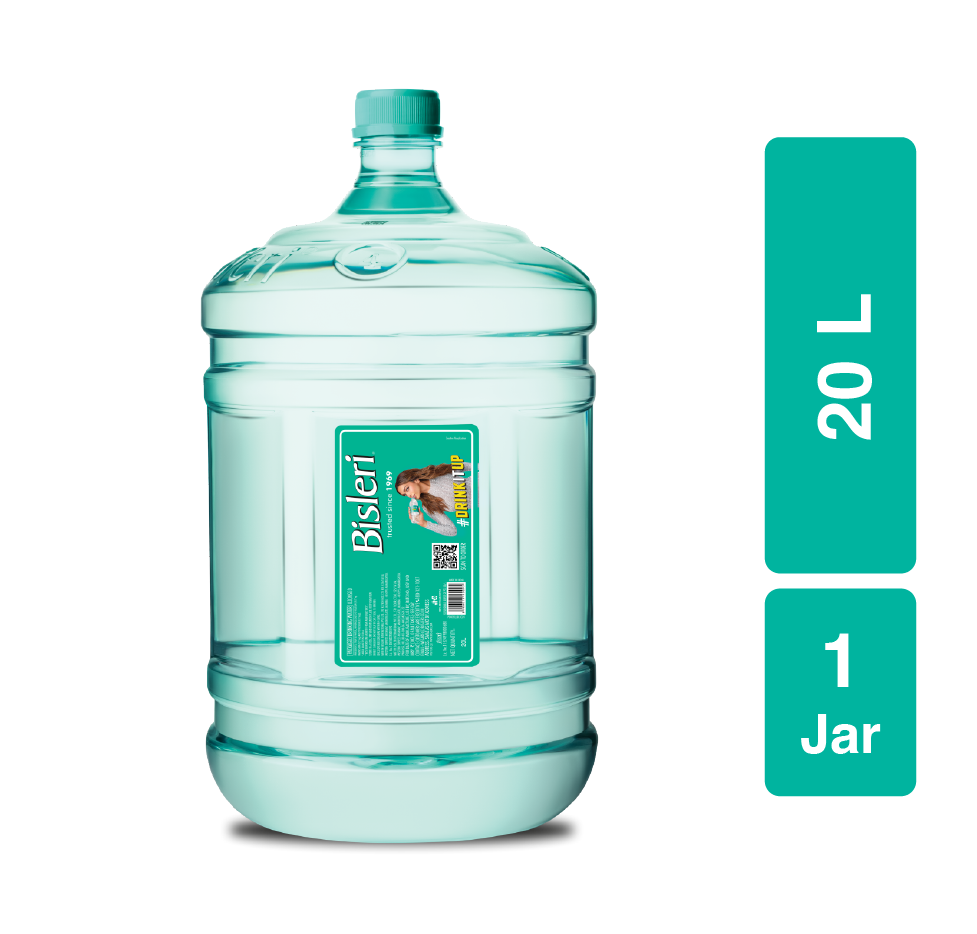
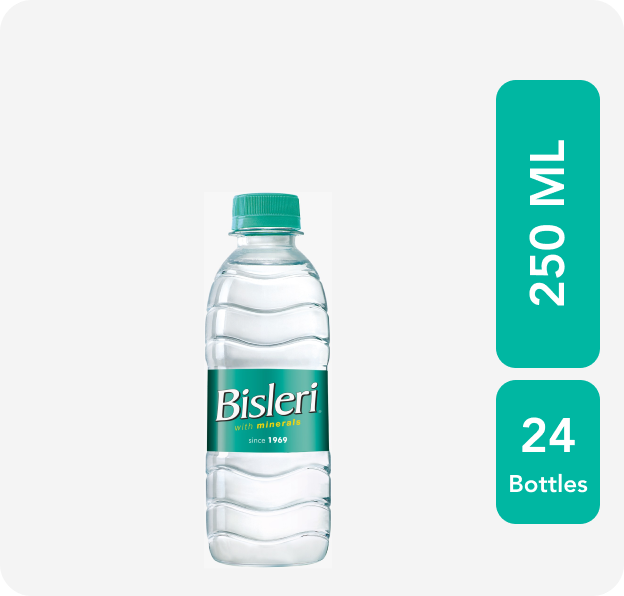
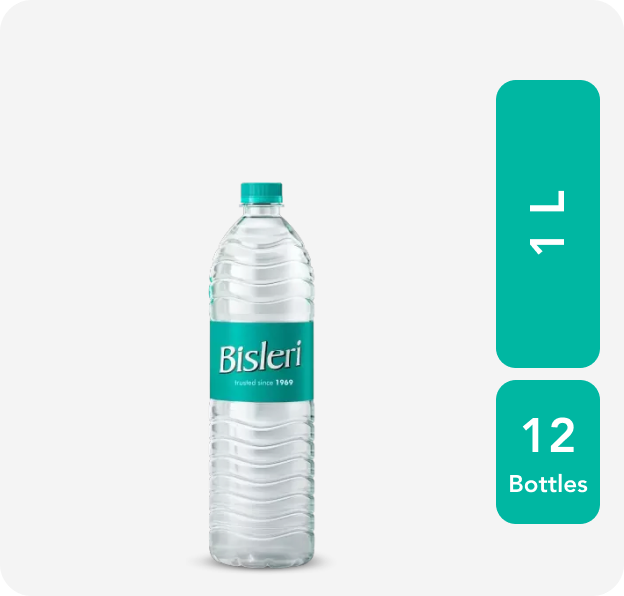
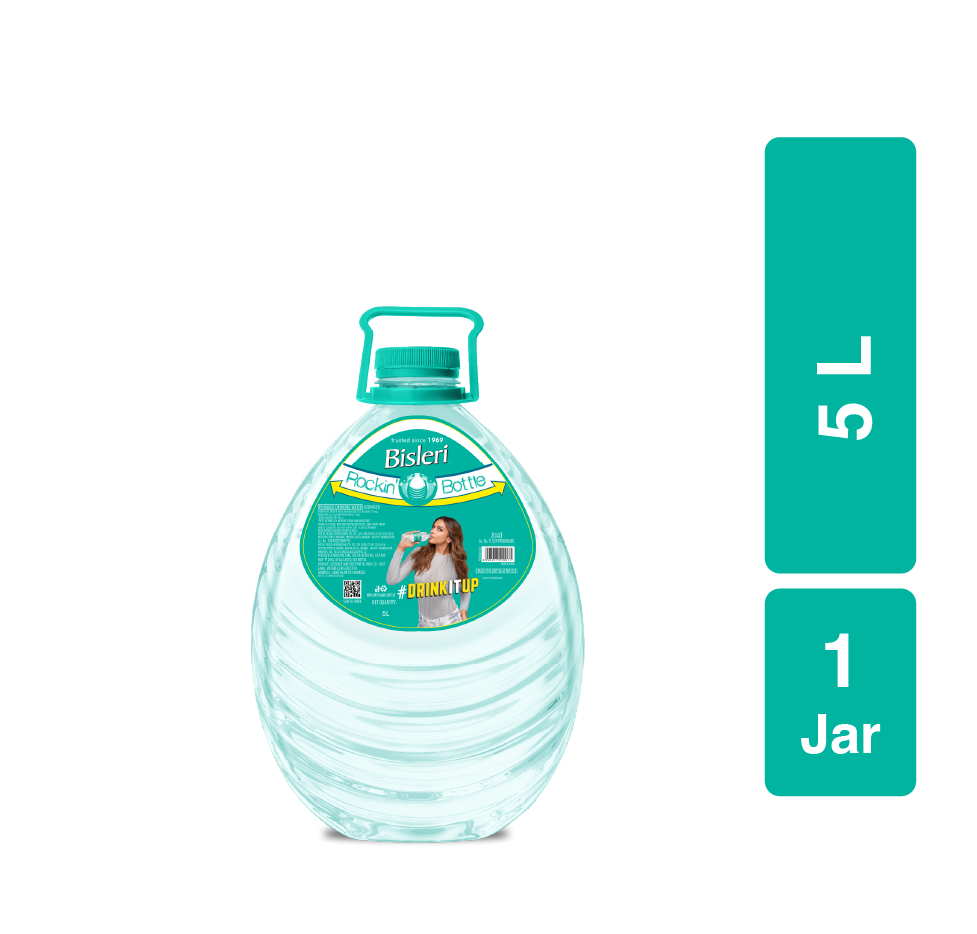
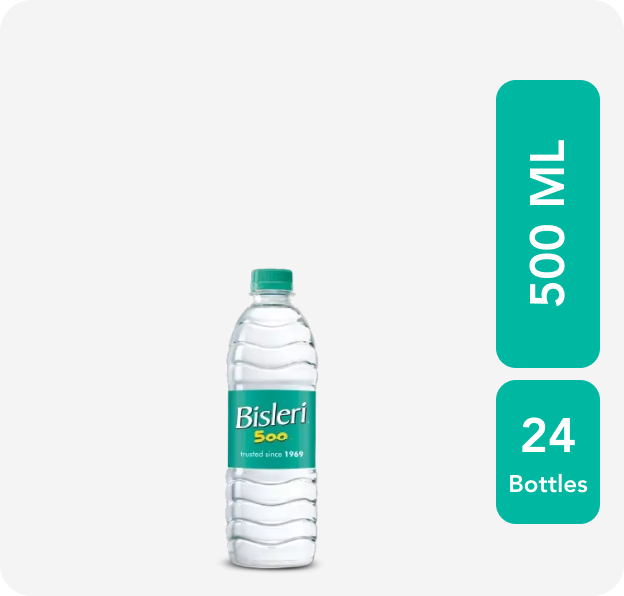
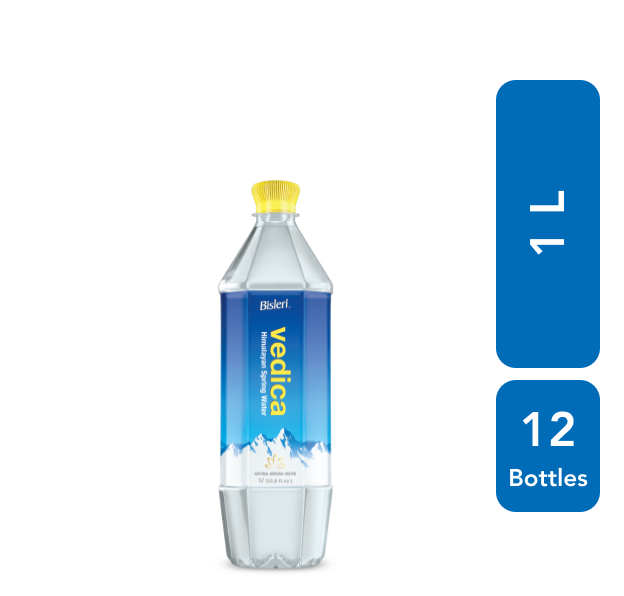

 Mumbai
Mumbai
 Bengaluru
Bengaluru
 Hyderabad
Hyderabad
 Chennai
Chennai
 Pune
Pune
 Delhi-NCR
Delhi-NCR
 Ahmedabad
Ahmedabad